#Research suggests that non-surgical electrical stimulation of the #brain could be a radical new
#Research suggests that non-surgical electrical stimulation of the #brain could be a radical new #dementia therapy. A successful trial in healthy young adults confirmed the technique can improve memory, and researchers have now begun trials in people with early Alzheimer's. Temporal interference is a painless, non-invasive treatment that uses electric fields of multiple frequencies to stimulate neurons in the hippocampus, a deep #brain region involved in the #formation, #storage, and recall of #memories.
#Deepbrain #stimulation is one way to fix #electrical activity #imbalances and could potentially treat brain conditions like #Alzheimer's. Implanted electrodes can monitor activity and carry small electric currents into malfunctioning regions. Obsessive-compulsive #disorder and movement #disorders like #Parkinson's are already treated with deep brain stimulation, but the surgical procedure to implant the electrodes is risky, making it difficult to research its usefulness in other brain conditions.
In #temporal #interference, high-frequency electric fields are sent into the #brain through #electrodes attached to the outside of the scalp. Two electric fields, one at 2,000 Hz and the other at 2,005 Hz, are targeted to overlap (interfere) in the temporal lobe, creating a low-frequency difference current at 5 Hz. This current is in the same frequency range as neural activity in learning and memory.
The low-frequency 5 Hz electric fields work in the #hippocampus by making it easier for cells to coordinate the activities needed to create #memories. The ability to selectively target deep brain areas using a non-invasive approach is very exciting as it provides a tool to #investigate how the human brain operates and opens possibilities for clinical applications.
Another new study has validated the technique on a different deep area of the brain, the striatum, and participants included 15 older adults aged 61–71, also without Alzheimer's #symptoms. #Researchers are now testing whether repeated treatment with the stimulation over the course of a number of days could benefit people in the early stages of Alzheimer's. Participants aged 50–100 with mild cognitive impairment and likely early-stage, non-genetic #Alzheimer's #disease have been enrolled in the new trial.
-
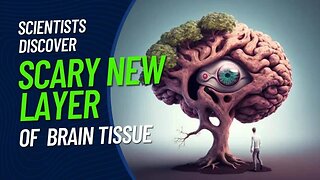 4:58
4:58
ScienceManiatics
1 year agoScientists Discover SCARY New Layer Of Brain Tissue That Could Change The Way We Think FOREVER
9 -
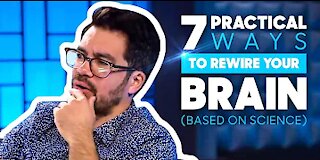 21:14
21:14
TopVideosForYou
3 years ago $0.01 earned7 Practical Ways To Rewire Your Brain (Based On Science)
41 -
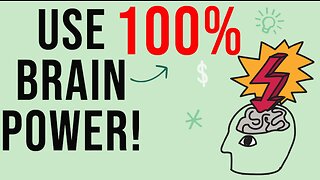 2:19
2:19
Knowetall
1 year agoWhat If We Could Unlock 100% of Our Brain Power? The Possibilities and Consequences!
3 -
 1:00
1:00
Health and Wellness
4 months agoThe Power of Rewriting Your Brain_ Unlocking Your True Potential
15 -
 28:05
28:05
KStarockChannel Truth is learned - not told.
5 months agoDr . Nick Begich On How Human Brains Are Manipulated With Electromagnetic Energy Tech
97 -
 1:07
1:07
ihavemanxiety
10 months agoBrain Surgery
16 -
 19:39
19:39
RAVries
7 months agoARE YOU READY FOR THE UGLY TRUTH? - REMOTE NEURAL MONITORING - HACKING THE BRAIN - YES, YOURS! What are these nano particles injections for, actually.. The idea is to read & write, into the brain function. In real time. Remotely. ~Dr James Giordano
2.4K1 -
 10:32
10:32
Rapah Ahrayah
1 year agoHow brain implants are seeking to transform lives
5 -
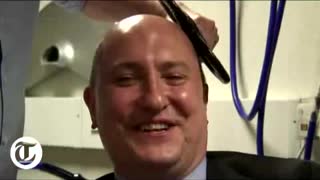 4:15
4:15
Censored Important Videos
1 year ago2008 Transcranial Magnetic Stimulation Lets You Deactivate Selected Parts of Your Brain.
2491 -
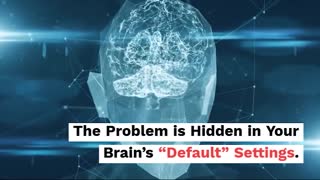 1:55
1:55
awakensuccess
1 year agoMost Powerful Way to Rewire Your Brain and Reveal Your Full Potential
3